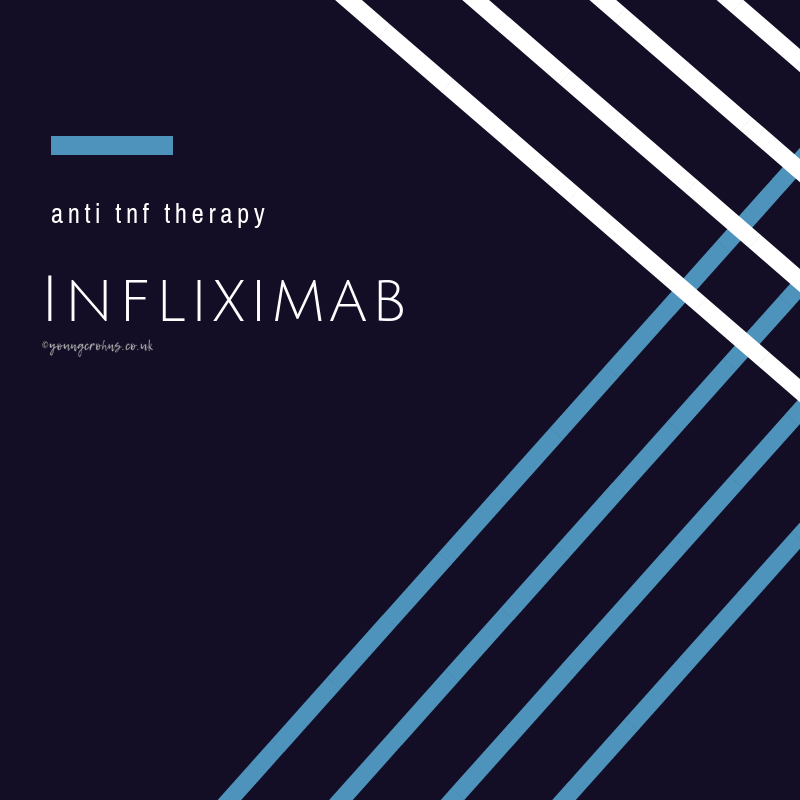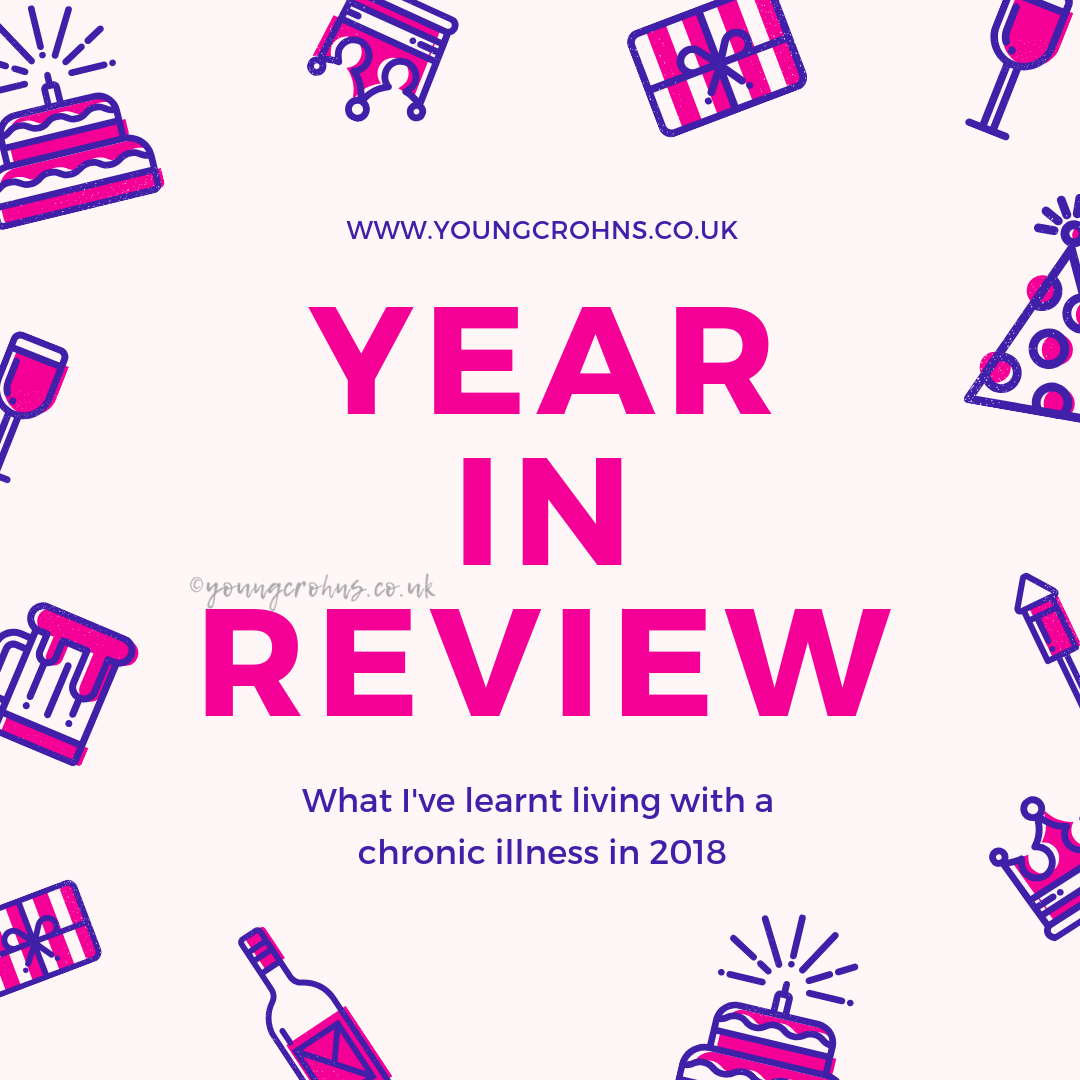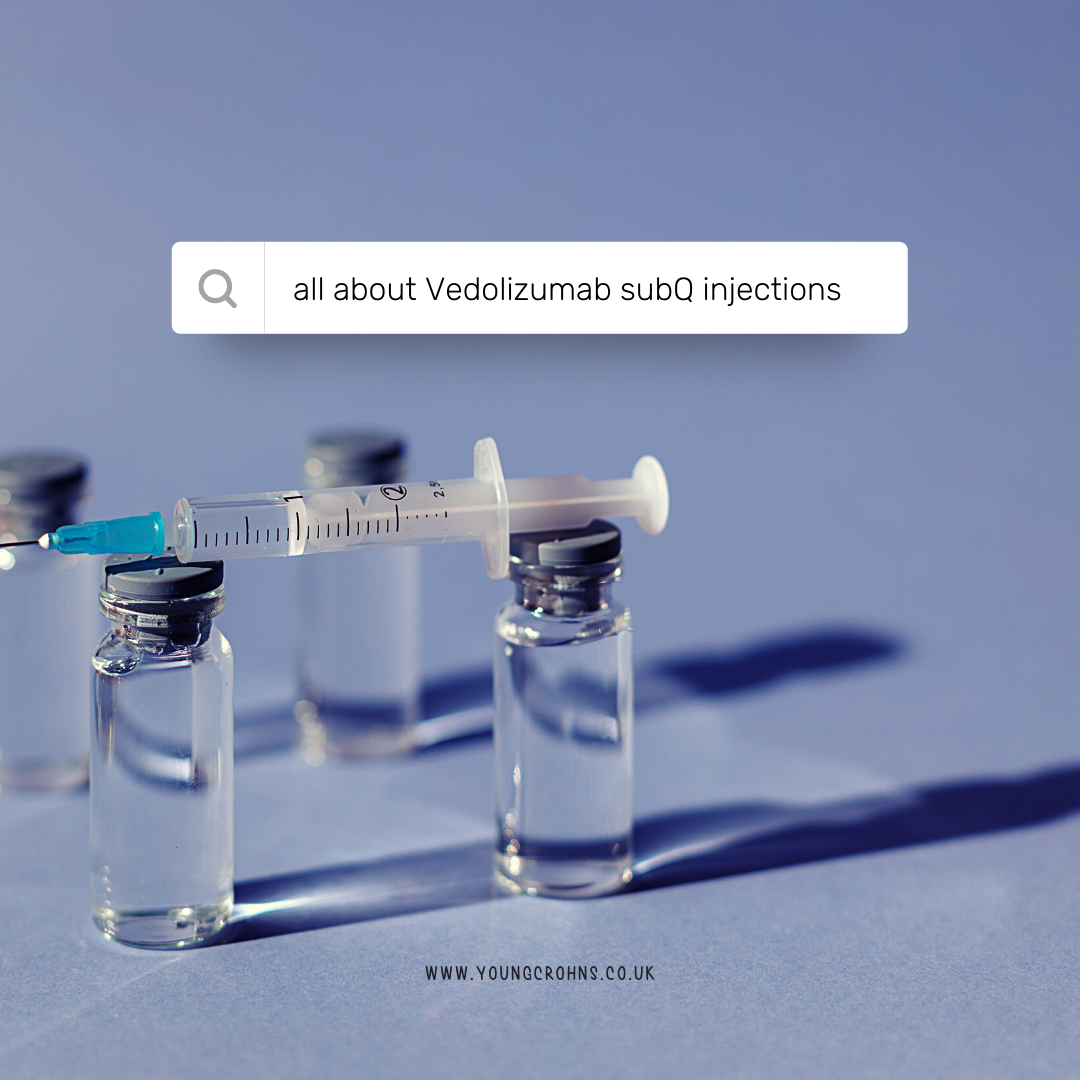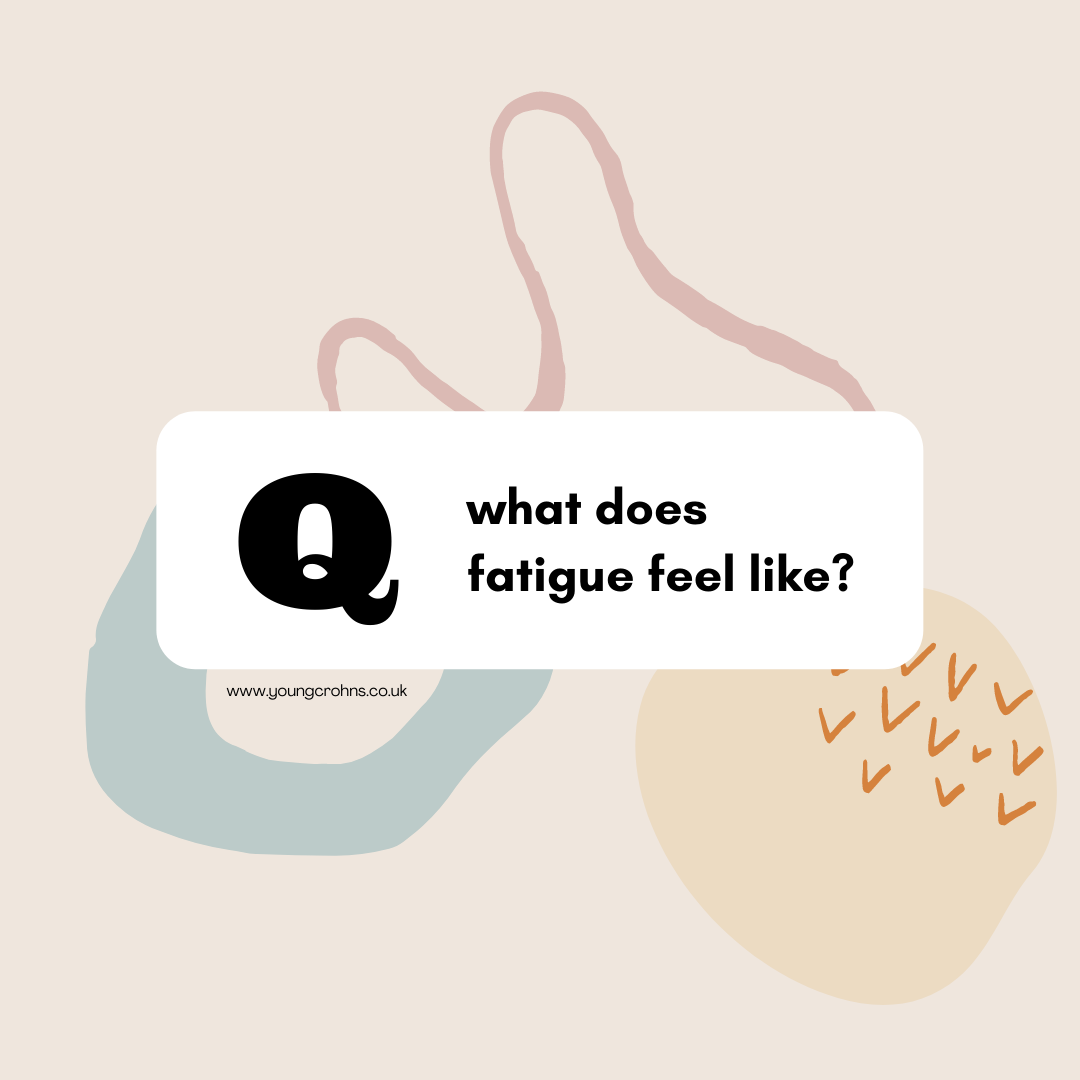
“What does fatigue feel like?”
What exactly is fatigue?
fatigue | noun 1. extreme tiredness resulting from mental or physical exertion or illness.
We all experience tiredness at times, which can be relieved by sleep and rest. Fatigue is when the tiredness is often overwhelming and isn’t relieved by sleep and rest.
There are three types of fatigue: transient, cumulative, and circadian:
- Transient fatigue is acute fatigue brought on by extreme sleep restriction or extended hours awake within 1 or 2 days.
- Cumulative fatigue is fatigue brought on by repeated mild sleep restriction or extended hours awake across a series of days.
- Circadian fatigue refers to the reduced performance during nighttime hours, particularly during an individual’s “window of circadian low” (WOCL) (typically between 2:00 a.m. and 05:59 a.m.).
Research shows that the accumulation of “sleep debt”, e.g. by having an hour less of sleep for several consecutive days, needs a series of days with more-than-usual sleep for a person to fully recover from cumulative fatigue.
So in IBD when we have can have a regular pattern of getting less sleep, we do not actually “catch up” with our sleep debt, resulting in long term cumulative fatigue. This is a common concern among almost all IBD patients, with it “affecting nearly 50% of patients in clinical remission and > 80% of those with active disease”.
Descriptions of fatigue by patients
During the Crohn’s & Colitis UK Fatigue in IBD study, people with Crohn’s or Colitis used some of the following words to describe their fatigue:
• Brain fog
• A big black hole
• Being woozy or fuzzy
• Zombie mode
• Overwhelming heaviness
• Just shattered
• Completely wiped out
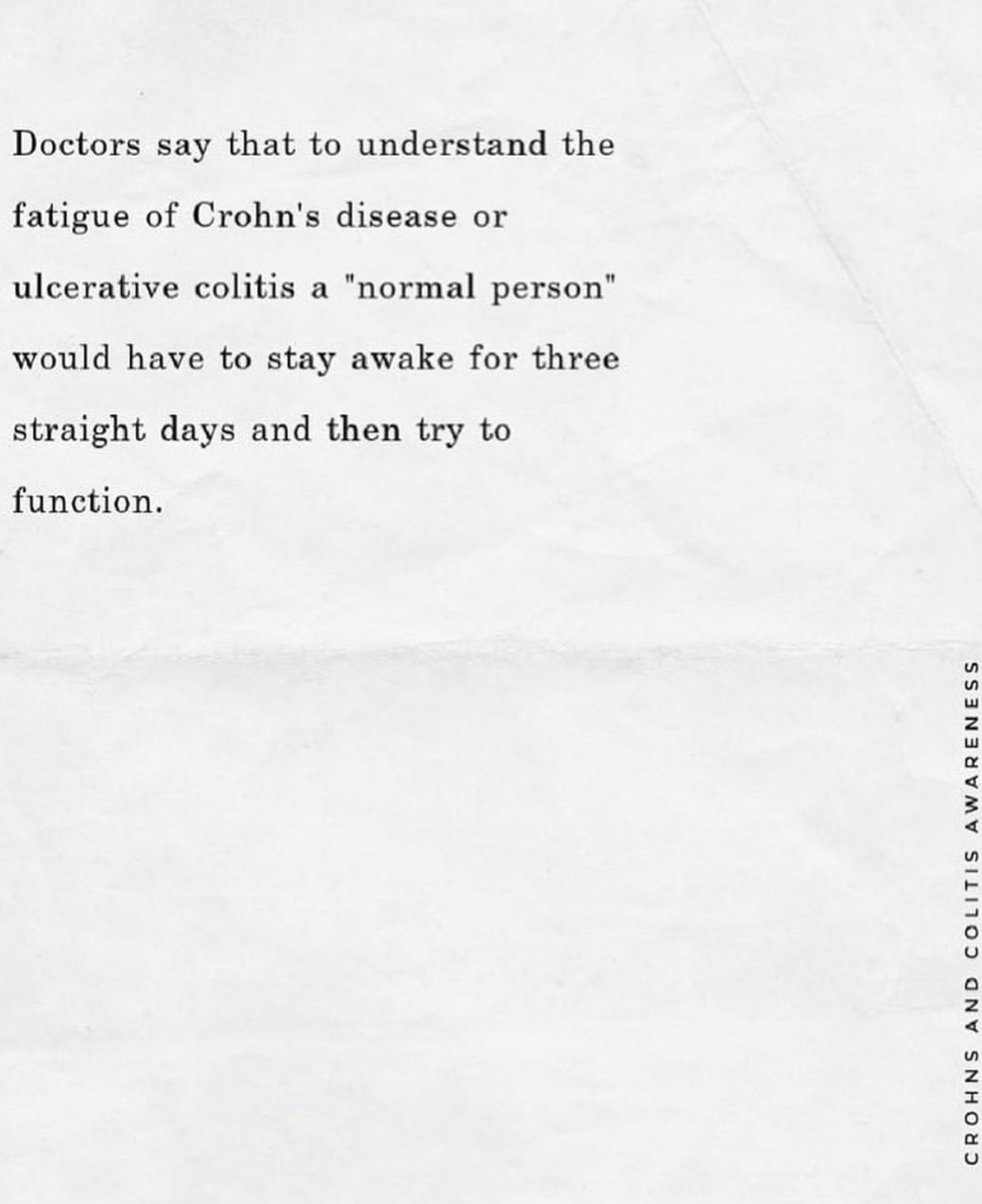
What causes fatigue & what is is impact?
Sadly, there is no one cause of fatigue in IBD. But the “decrease in quality of life and impaired work productivity and functioning contribute markedly to the societal costs of fatigue”. However as so little is known about its causes and physiological processes associated with it, this impairs researchers and clinicians ability to effectively treat this symptom.
Fatigue can be:
- chronic tiredness or sleepiness
- headaches
- dizziness
- sore or aching muscles
- muscle weakness
- slowed reflexes and responses
- impaired decision-making and judgement
- moodiness, such as irritability
And in IBD, it can be caused by one or more of the following :
- Pain – Dealing with pain can be draining. Pain may contribute to fatigue through poor sleep quality, reduced physical activity and emotional and psychological distress.
- Inflammation – Chemical signals that are produced during inflammation act directly on the brain to cause sickness behaviours – such as lack of motivation, tiredness and loss of appetite.
- Nutrional deficiences – Anaemia, a common complication of Crohn’s or Colitis, may worsen fatigue. Low vitamin D, B12 or folate levels may also contribute to fatigue.
- Emotional stress or pshyicolocal disorders – Anxiety, depression and stress are consistently associated with fatigue in people with Crohn’s or Colitis – however it is not clear whether anxiety, depression or stress cause fatigue, or are a result of fatigue.
- Medication – Steroids and drugs that alter the immune system – including azathioprine, mercaptopurine and methotrexate – have been linked to fatigue in some people.
- Disturbed sleep – Poor sleep quality may be the result of pain or having to use the toilet multiple times during the night.
- Other possible causes – such as Chronic fatigue syndrome (CFS) or Myalgic Encephalomyelitis (ME)
How can you help yourself & your fatigue?
There are a variety of other ways in which people with Crohn’s or Colitis help themselves manage fatigue, for example:
• Frequent breaks and rest
• Good-quality sleep
• Complementary and alternative therapies such as mindfulness, acupuncture, yoga or homoeopathy
• Physiotherapy and exercise
• Flexible working hours
• Planning ahead
• Reducing stress
Two further points to remember are to prioritise the demands on you and to pace yourself.
What works for some people may not work for others. Learning more about your body, and what may trigger your fatigue, can be helpful.
There is also a checklist you can use to consider possible causes of your fatigue, in order to make sure nothing is overlooked. You will be able to fill in some items yourself, but for others, you will need a doctor or nurse to give you the information. You can find the checklist at fatigueinIBD.co.uk/checklist.
Red Flags to not ignore
Call for an appointment with your doctor if your fatigue has persisted for two or more weeks despite making an effort to rest, reduce stress, choose a healthy diet and drink plenty of fluids.

Further Reading:
Nature Reviews Gastroenterology & Hepatology – Fatigue in IBD: epidemiology, pathophysiology and management, Nienke Z. Borren, C. Janneke van der Woude & Ashwin N. Ananthakrishnan, December 10, 2018
Crohn’s and Colitis UK – Fatigue & IBD (pdf)
How Thiamine May Be Key in Reducing IBD Fatigue – Ampersand Health
Until next time,

Do you have any questions or queries? Or just want to share your own experiences? You can leave me a reply here or leave comments via my social media accounts – on Twitter, find my blog page on Facebook and over on Instagram
If you enjoyed this post check out A Practical Guide to Fatigue and “Why do you need B12 injections?”

